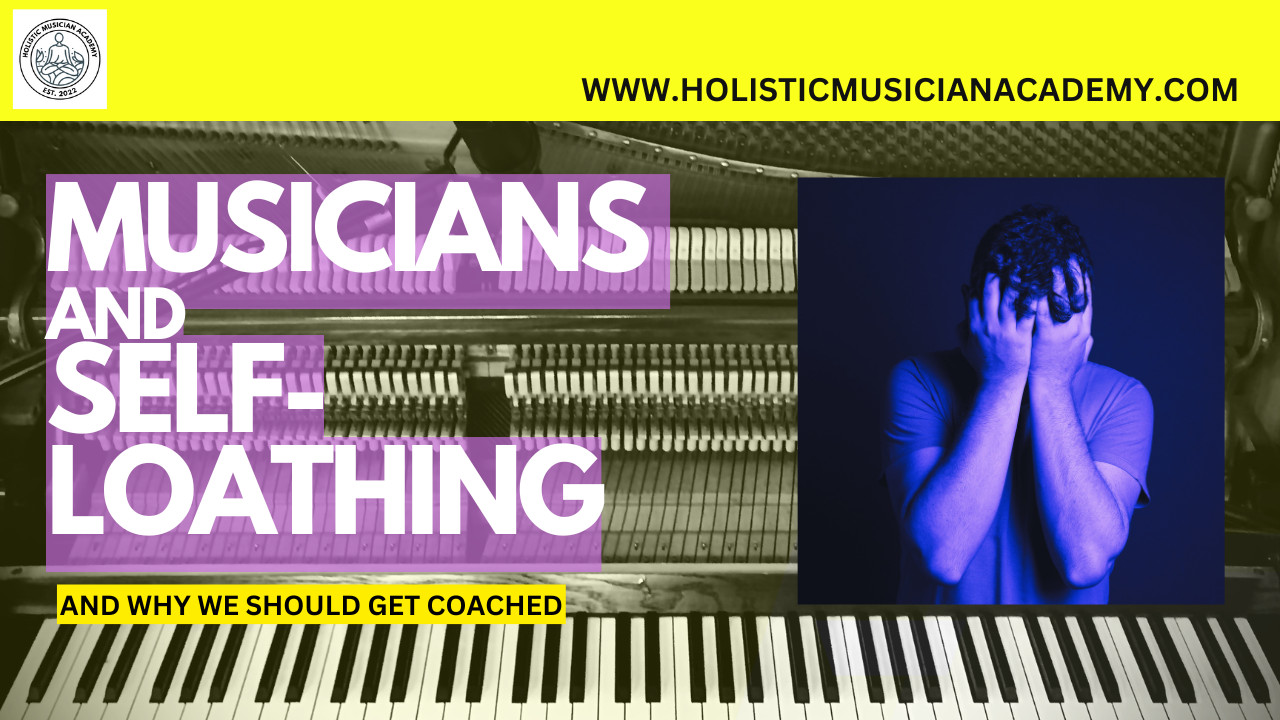
Introduction
Self-expression and creativity are core pillars of the art-making process.
As musicians, we pour our hearts into the craft, channeling our deepest, most intimate emotions and experiences into sound, hoping that it finds an audience to resonate with.
Beneath the surface of this beautiful process though, many of us grapple with a silent struggle that can hinder our potential and well-being very deeply.
Self-loathing.
Understanding Self-Loathing
Self-loathing, or intense self-criticism and dislike for oneself, is a pervasive issue that many of us face but rarely feel comfortable discussing openly. It’ll usually involve feelings of worthlessness, failure, and an inability to appreciate our achievements.
For the longest time, it was quite a taboo topic to talk about, largely due to the stigma surrounding mental health in general, and the belief that expressing such feelings was a sign of ‘weakness’.
In recent years, however, self-loathing has become a buzzword of sorts, gaining attention as society becomes more open about addressing mental health. With social media becoming the dominant force it is, the constant comparison and the increasing pressures of modern life seem to have brought these feelings to the forefront. So at least we're starting to talk about it now.
Generally speaking, recognizing and addressing self-loathing is crucial for anyone IMHO.
But for musicians, it takes on an entirely different dimension. For one, our careers depend heavily on personal expression and emotional health. And secondly, the non-linear lifestyle and mercurial highs and lows that come with it make this an especially important theme to understand.
Let's discuss.
The Hidden Struggle of Self-Loathing Among Musicians
Self-loathing among musicians has been more common than one might think. The pressure to meet high expectations, constant comparisons, and fear of failure have led to intense self-criticism and doubt throughout history even during pre-internet times.
Some common ways I’ve experienced this inner turmoil often manifesting (both as an artist and a mentor) are:
❌ Imposter Syndrome: Feeling unworthy of success and fearing exposure as a ‘fraud’.
❌ Perfectionism: Setting unattainable standards and being overly critical of one's work.
❌ Anxiety and Depression: Struggling with mental health issues exacerbated by the demands of the music industry.
❌ Isolation: Feeling disconnected from others, despite external accolades and recognition.
These challenges can be demoralizing at times, impacting not only a musician's career but our overall quality of life.
The first step to overcoming these obstacles lies in acknowledging it as a professional hazard.
And going forward, ideally, we will seek support in the form of mentorship, coaching, and/or therapy that addresses the personal and professional facets of our unique lifestyles.
How Does Mentorship Help?
Mentorship (or coaching) with a holistic perspective takes a comprehensive approach. It focuses on the musician's mind, body, and spirit.
This methodology recognizes that personal growth and professional success are interconnected, and addressing one aspect without the other can lead to an incomplete and unsustainable practice.
Here are a few ways how it can help.
1. Emotional Well-being
The right coach will help musicians build skillsets to navigate their inner emotional landscape. Introduce them to a range of options of tools and techniques to understand and manage common struggles like stress levels, anxiety, and self-doubt. These could include mindfulness practices, cognitive-behavioral strategies, and emotional support. The idea is to help musicians cultivate healthier relationships with themselves and their art.
2. Physical Health
The physical demands of a musical career can be severely underestimated. The toll it can take on our physical health is not a myth. Musicians are high-performance athletes, except we do it longer and usually at a fine motor level.
The importance of maintaining a balanced lifestyle, and incorporating the right kind of exercise, nutrition, and rest into our routines benefits immensely from guidance from a coach.
By prioritizing physical well-being, we don't just enhance energy levels, resilience, and our overall performance skills but maintain them too.
3. Mental Clarity
Clarity of mind is essential for creativity and decision-making in the long run. Practices like meditation, journaling, and the right kind of mental ‘conditioning’ to help musicians clear mental clutter and focus on the bigger picture can be incredibly empowering to grow these skills that help us make informed choices and stay aligned with our purpose and intent.
The mentor will curate a combination of tools like these for your individual needs. Or help you build your own.
4. Spiritual Growth
Spiritual beliefs are a very personal zone.
Personally I look at it as learning to nurture our ‘true spirit’, rather than using a conventional 'spiritual' or religious lens. Working on our inner connections. With ourself.
Connecting with one's inner self and higher purpose is a much-needed grounding exerience.
The mentor's job here is to be a guide on your journey and encourage you to explore and dig deep into your values, beliefs, and aspirations fearlessly. This fosters a sense of fulfillment and authenticity, allowing you to create from a place of authenticity, as opposed to external norms.
Finding the Right Mentor
Now that we've established the advantages of working with a mentor and how it can be crucial for a musician's growth and transformation here's a trickier question:
How do we know how to find the right one?
Truth be told, that's a very complex question and I wouldn't be fair to oversimplify it.
But here are some qualities I recommend looking for:
✔️ Empathy and Understanding:
A mentor who can relate to the unique challenges of being a musician.
✔️ A Holistic Approach:
Someone who addresses emotional, physical, mental, and spiritual aspects.
✔️ A Proven Track Record:
Experience in successfully mentoring other musicians.
✔️ A Sense of Trust:
A mentor with whom you feel a genuine connection and trust.
✔️ Detachment & Disinterest:
Apparently contradictory to the last point but essential!
Your coach should give you the objectivity you won’t have when you’re in the thick of it.
If they’re overtly invested in you, that is a potetially red flag.
Embracing the Journey
The journey towards self-acceptance and growth can seem daunting at times. However, with the right kind of guidance, it has the potential to become a transformative and empowering experience.
Our responsibility as artists is to investigate and address the root causes behind self-loathing. Then go on to build a skill set that helps nurture our overall well-being. Hence unlocking our full potential while embracing our true selves.
While nobody can do the inner work for us, we don’t have to face our inner demons alone.
With the right kind of support, there is no reason we won't succeed in finding our path to healing, growth, and lasting success.

Join my free training.
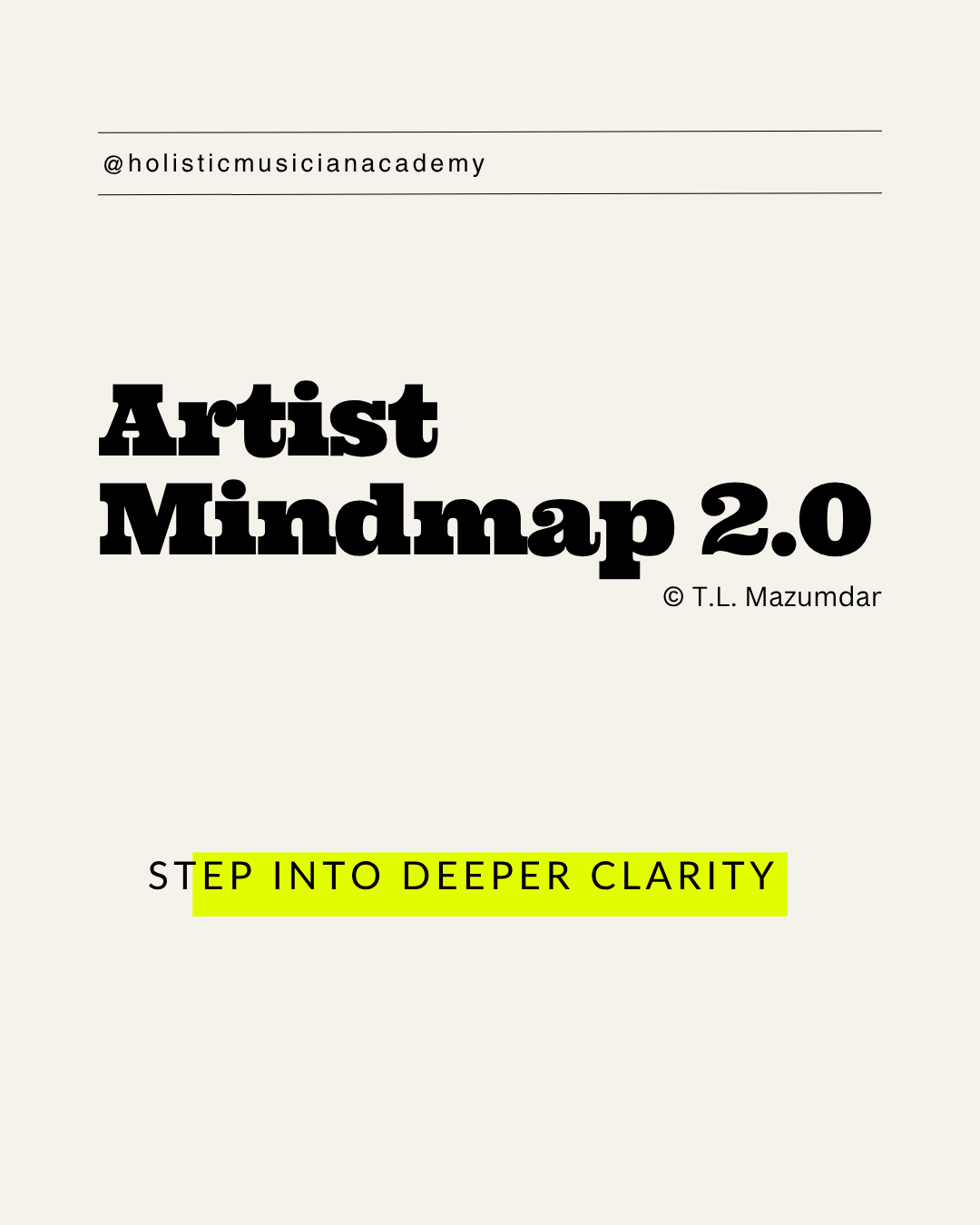

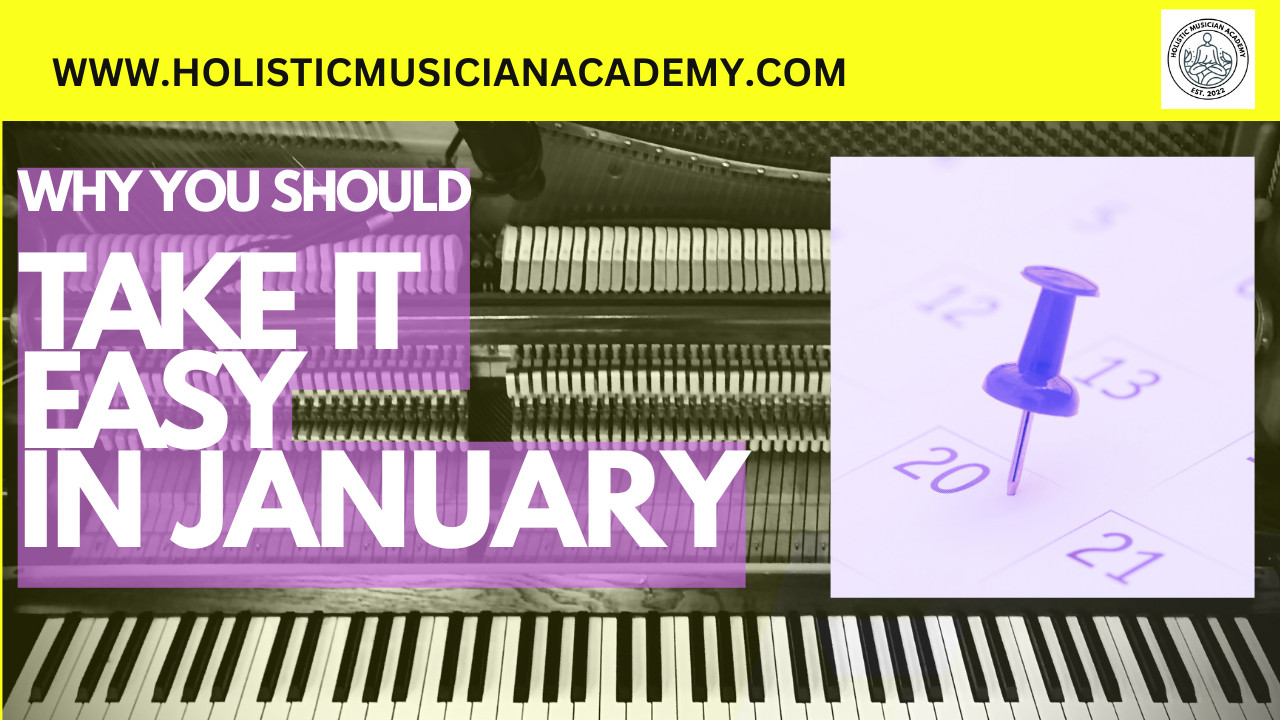
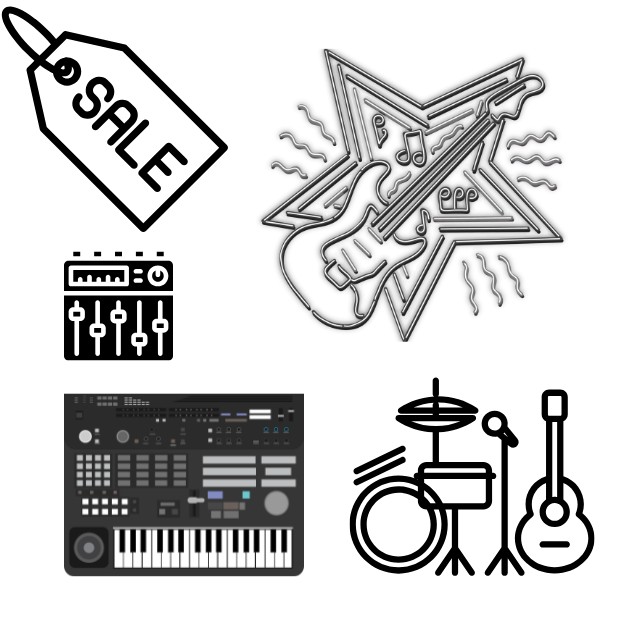



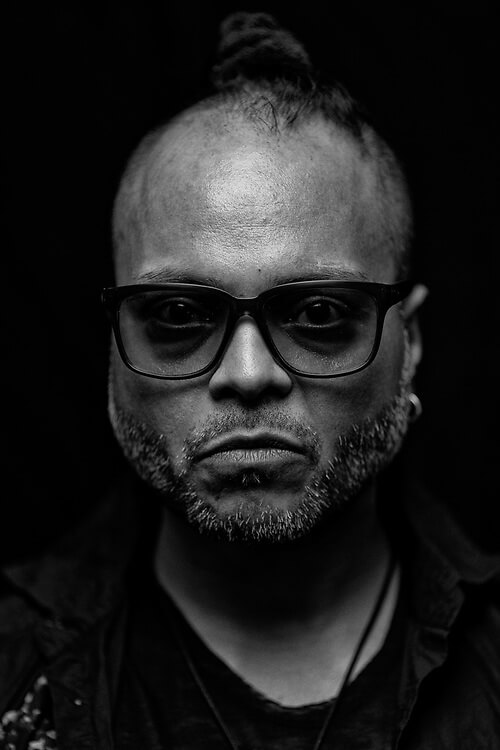
0 Comments